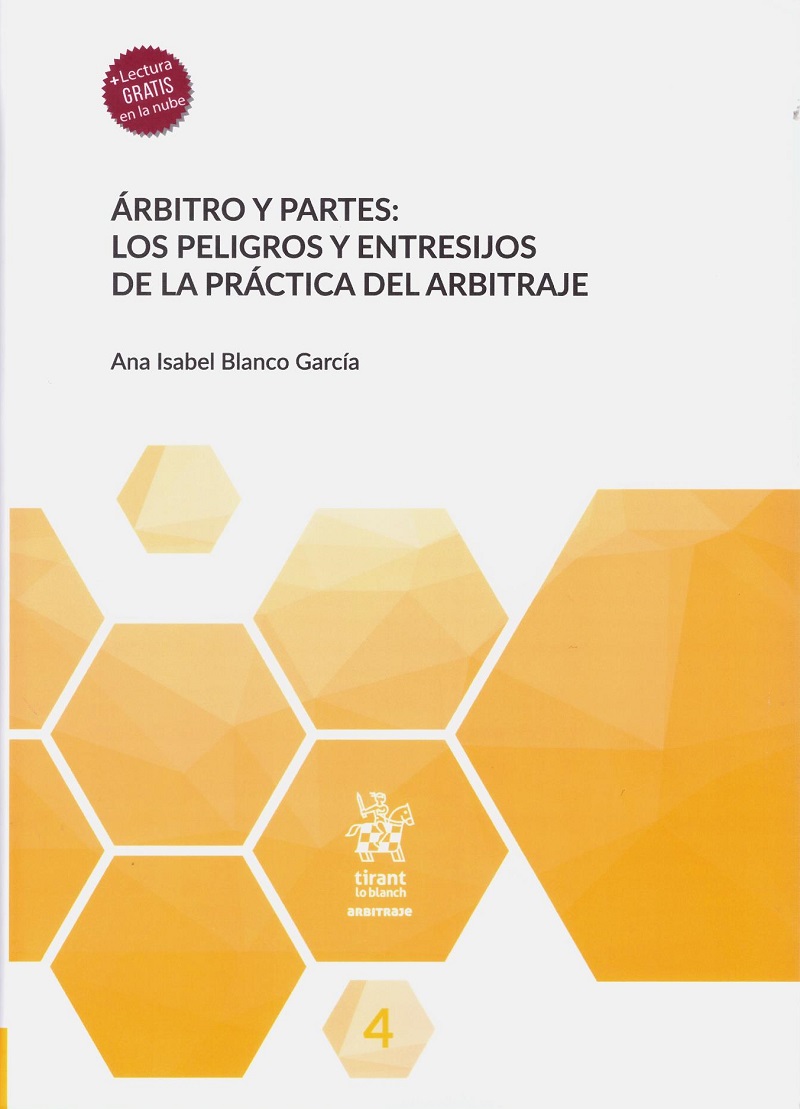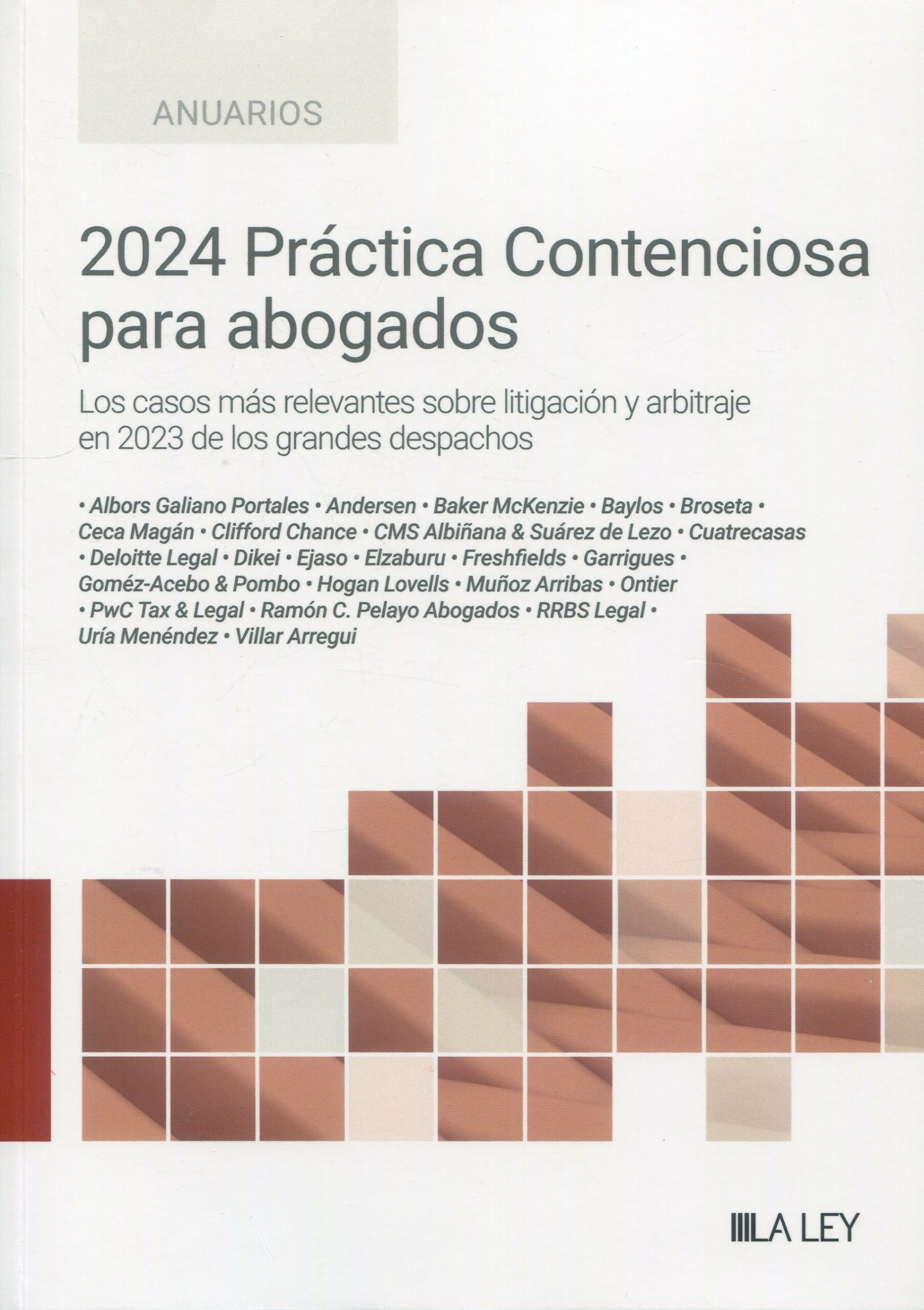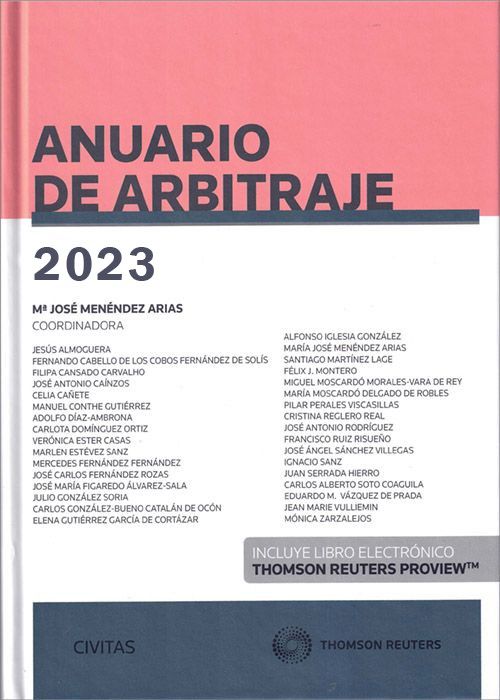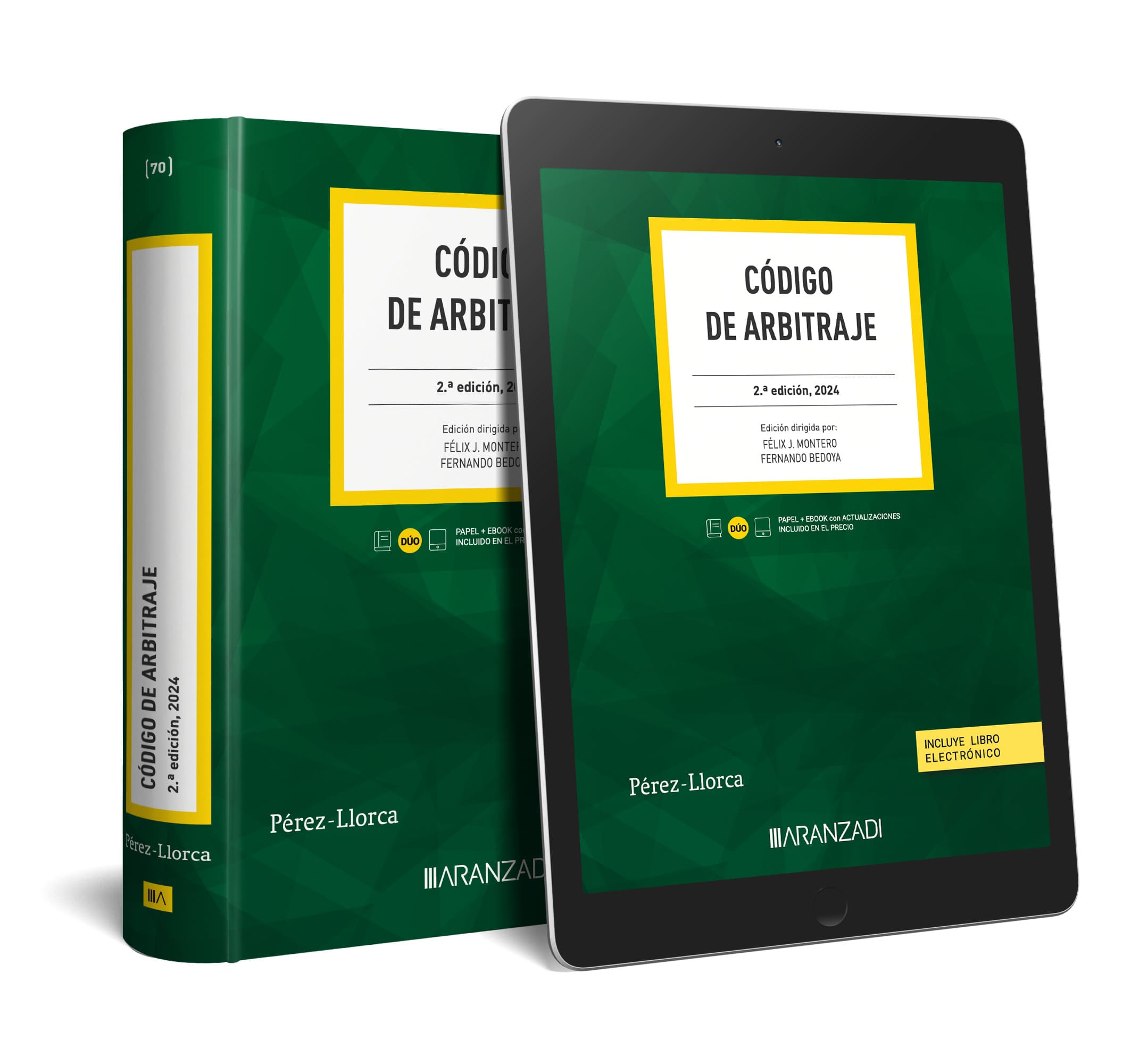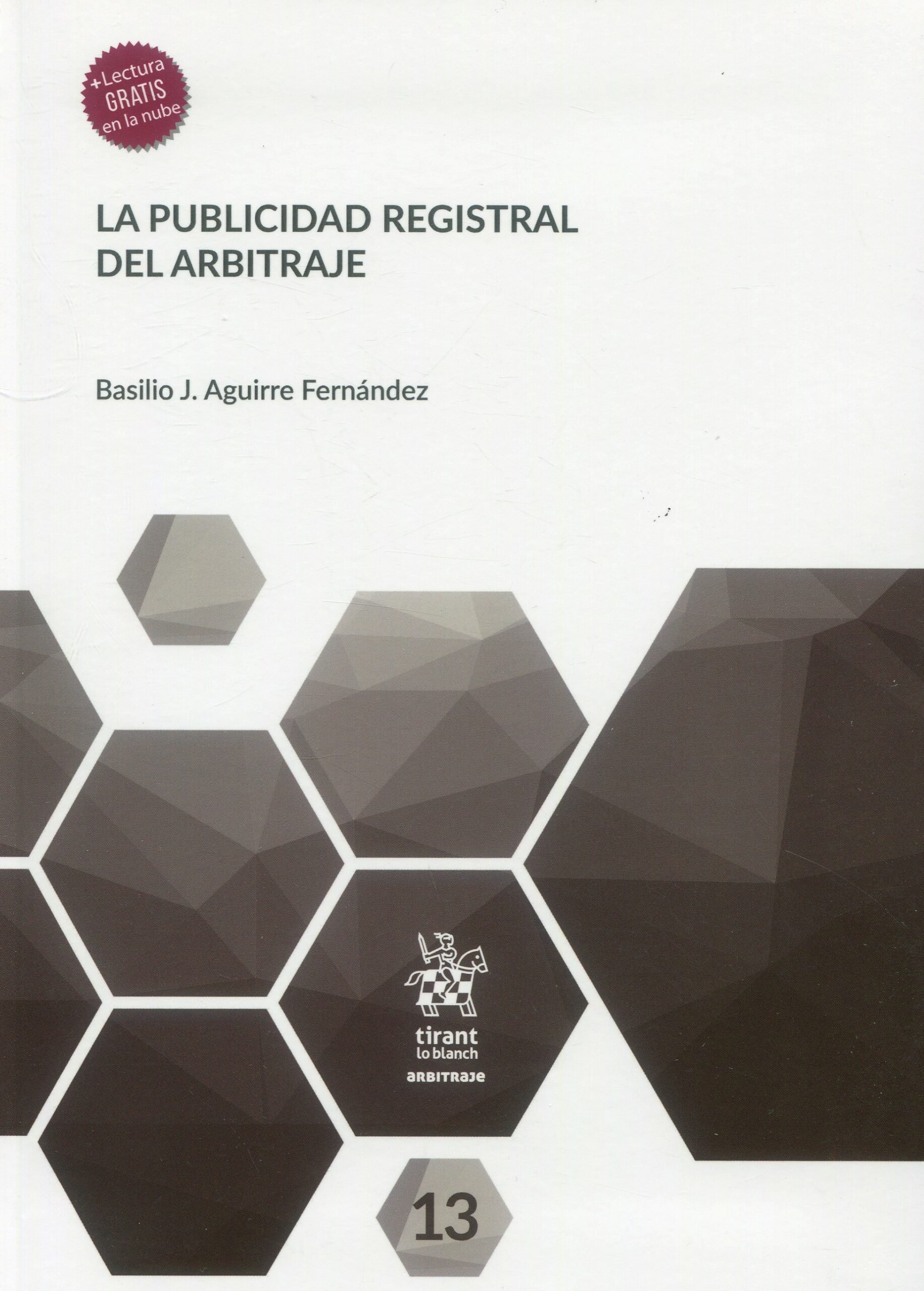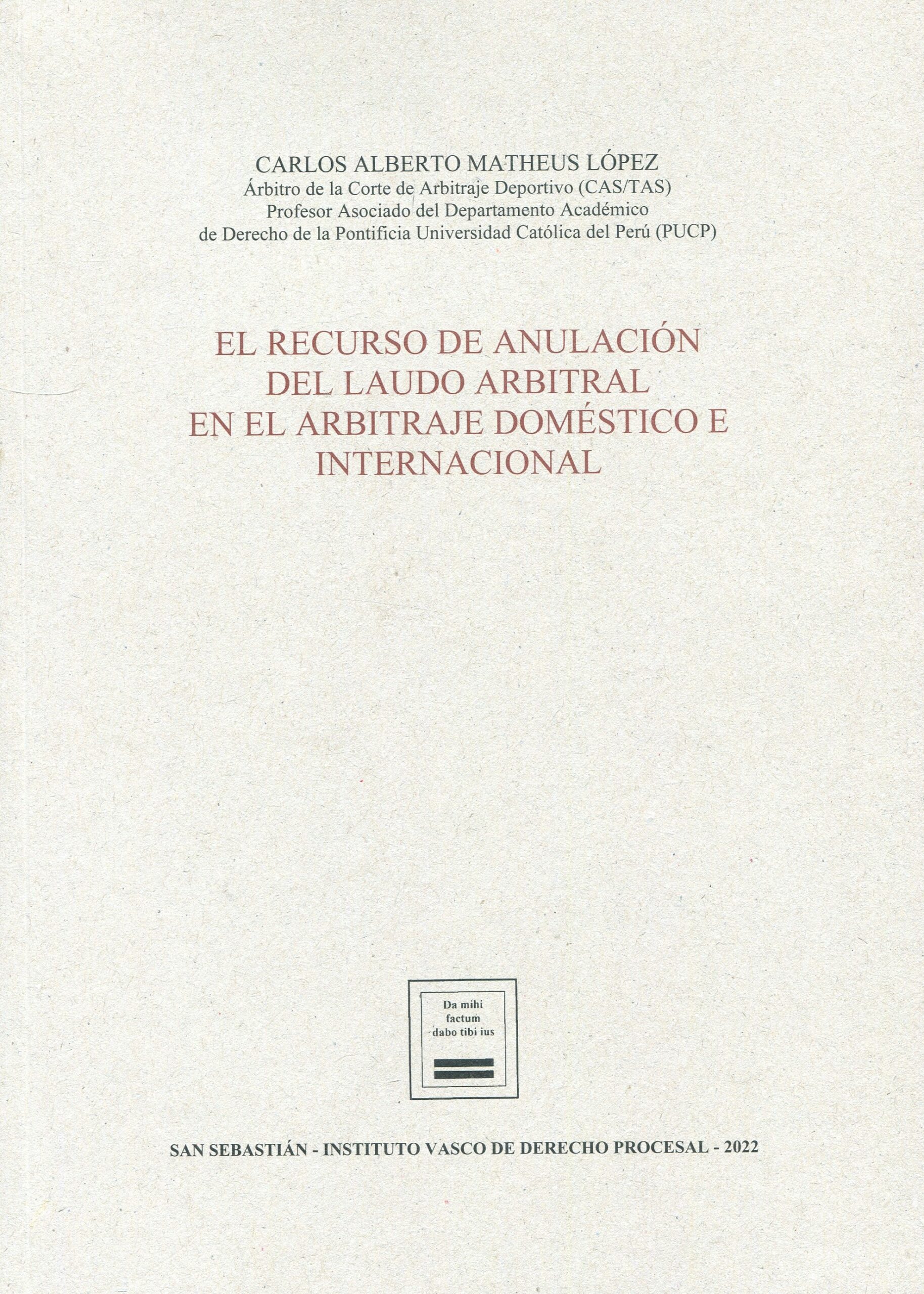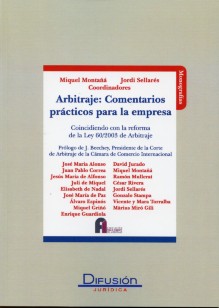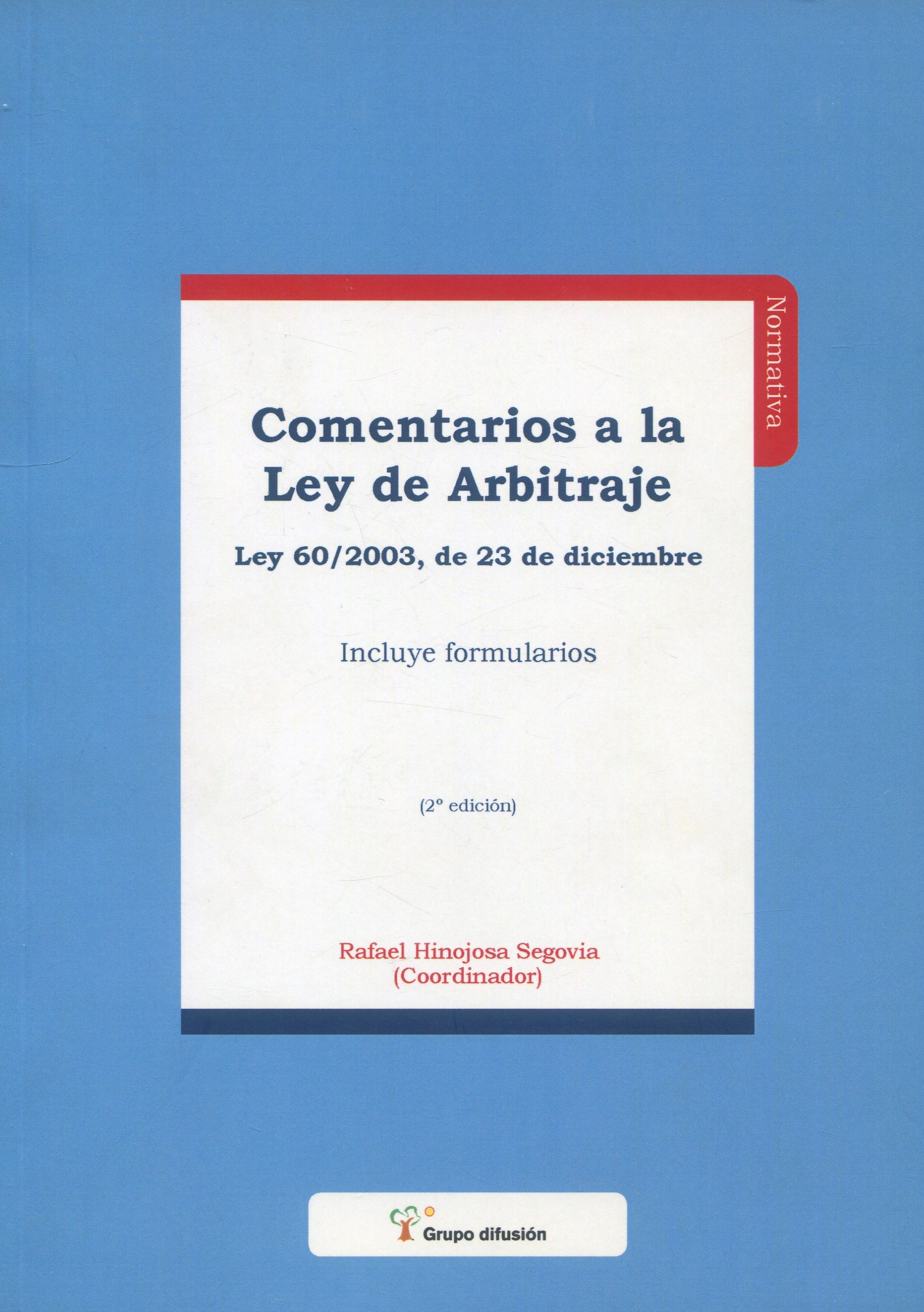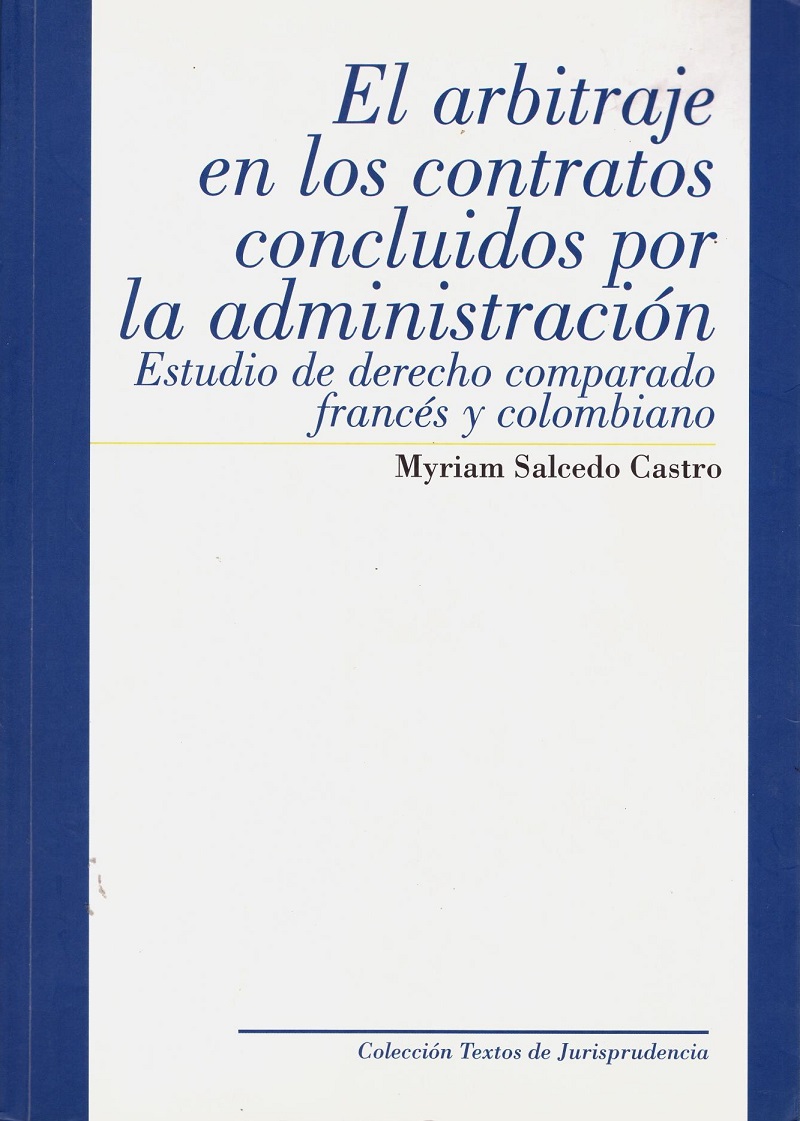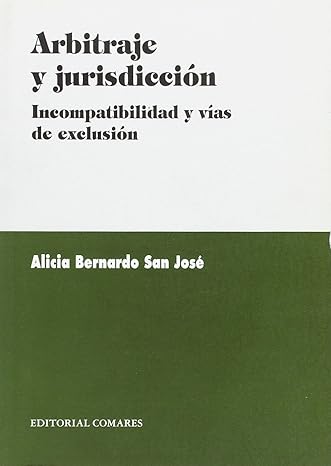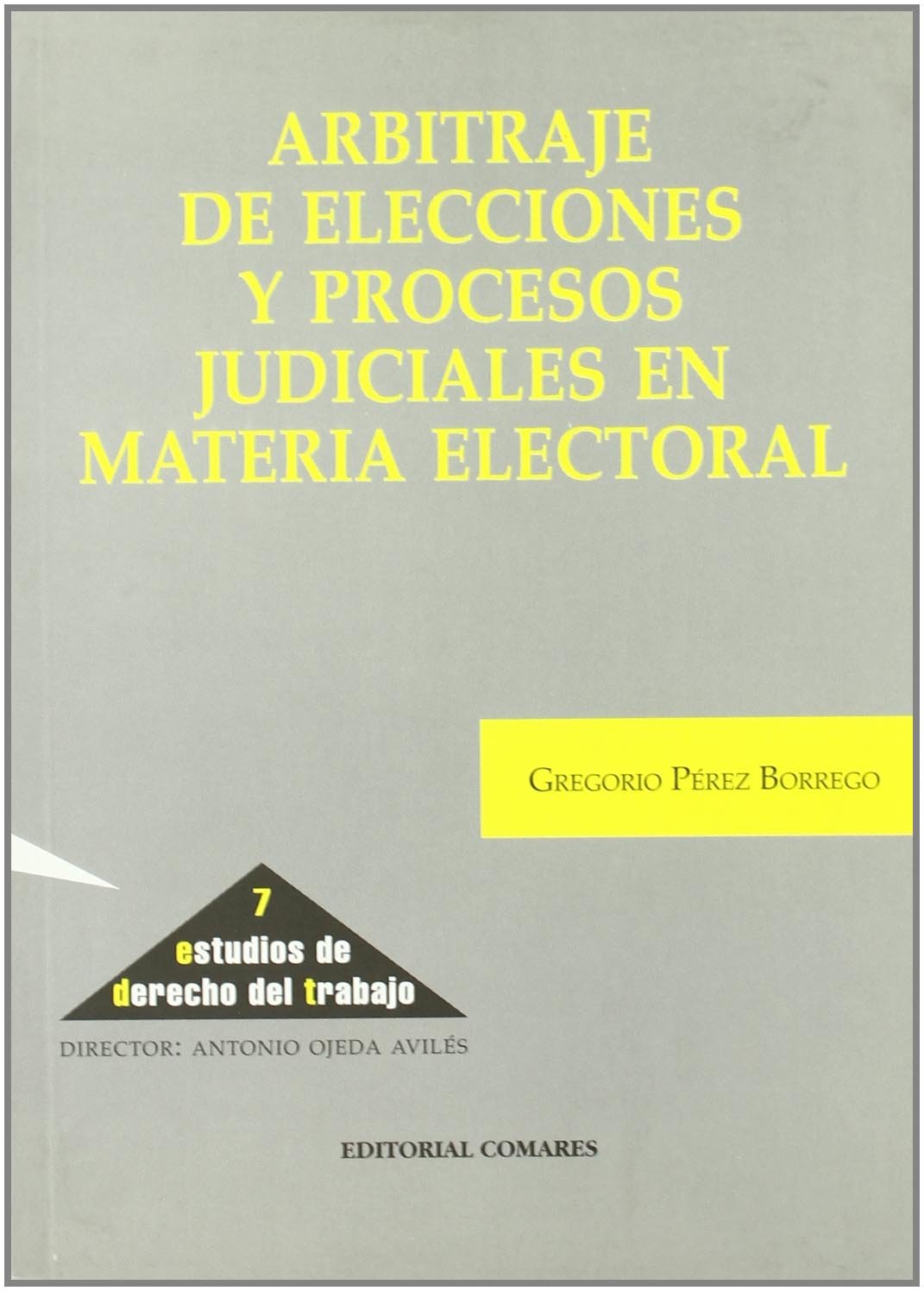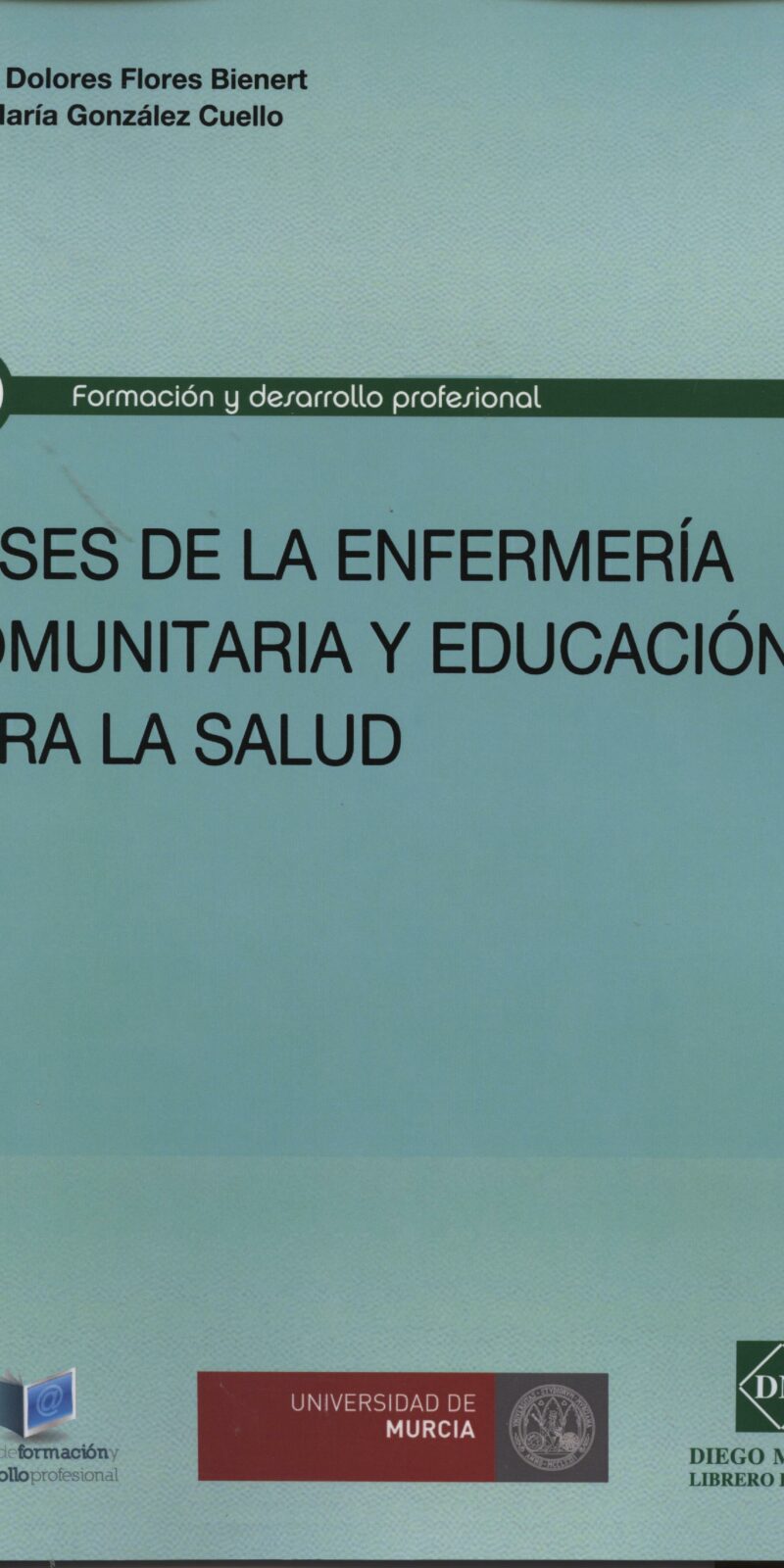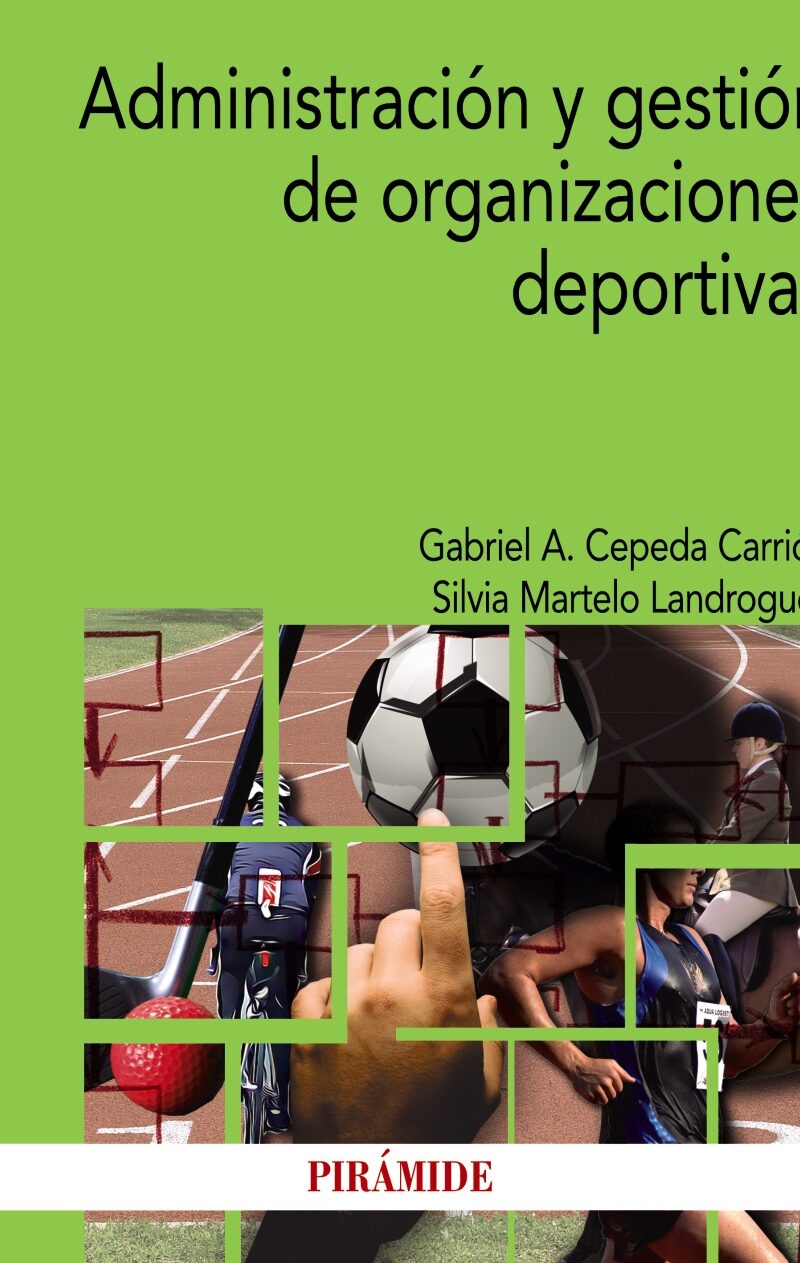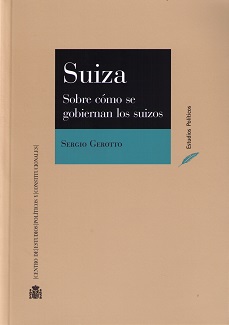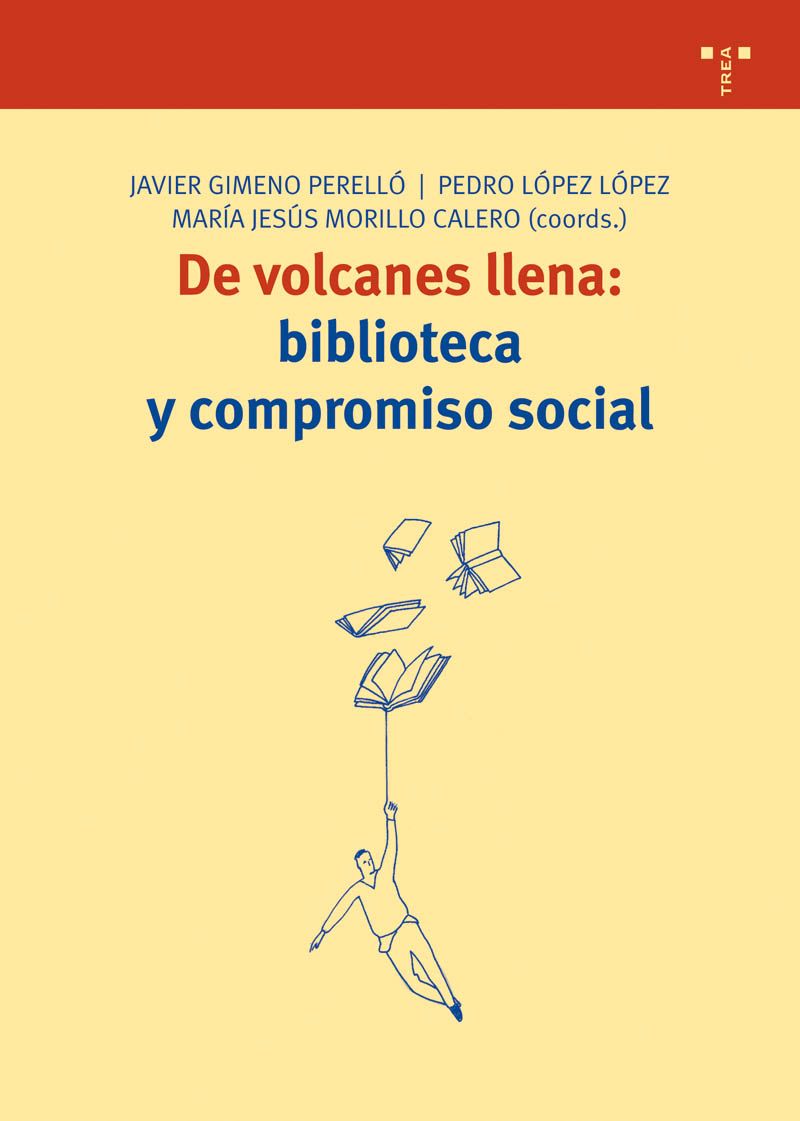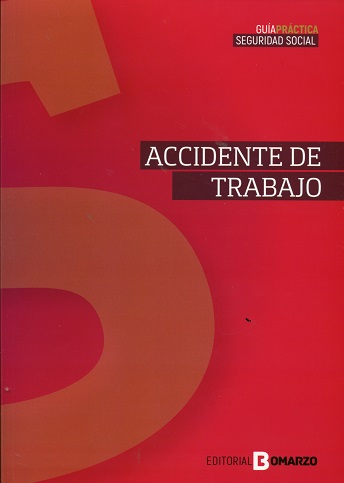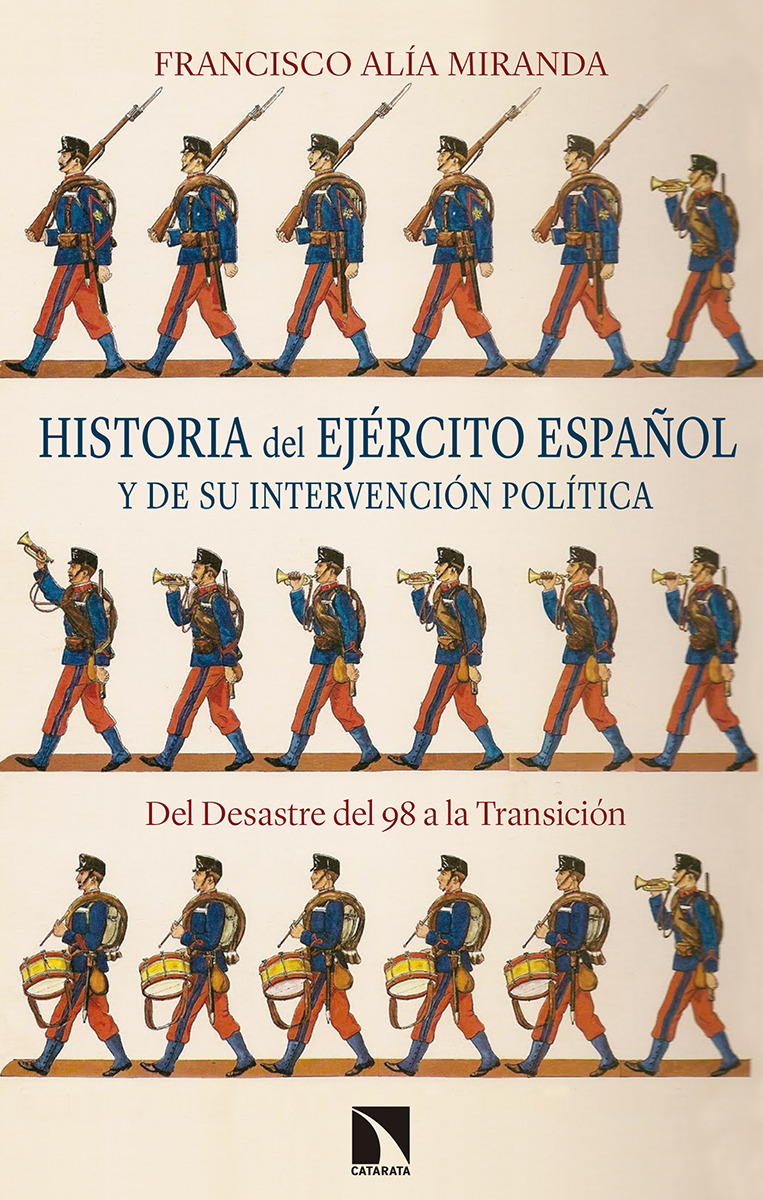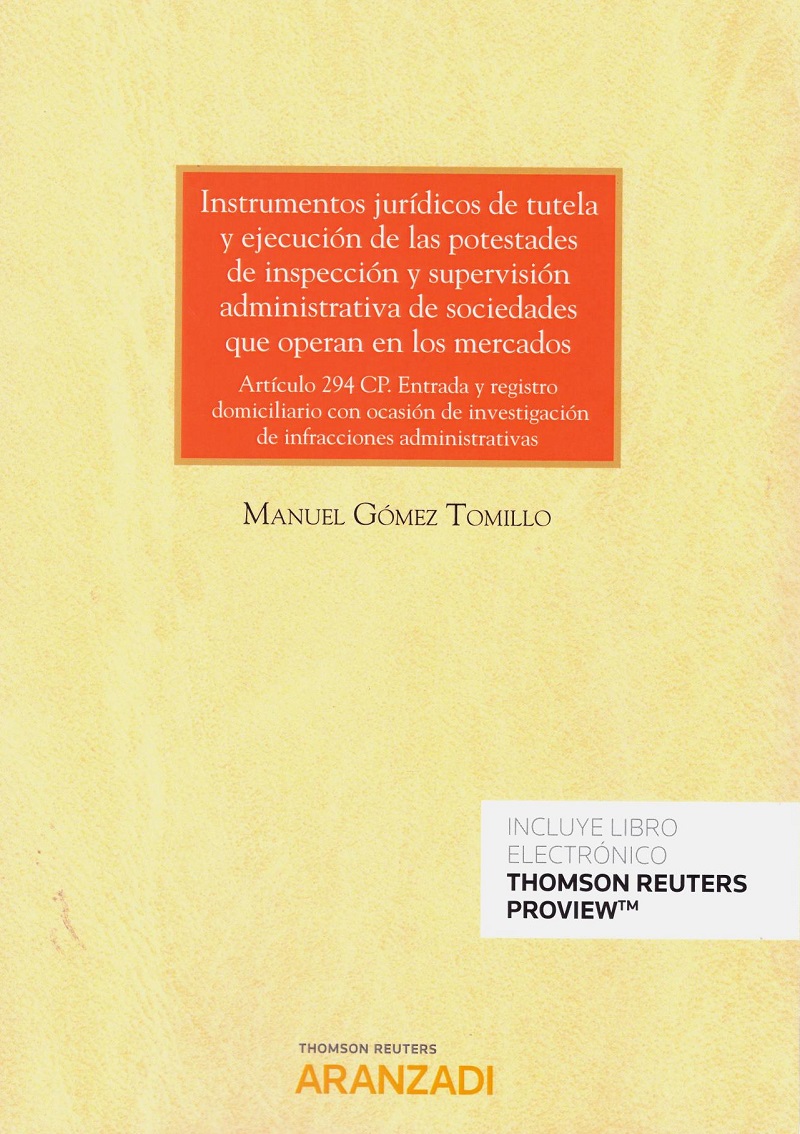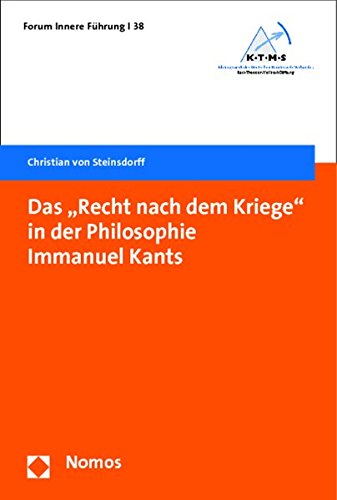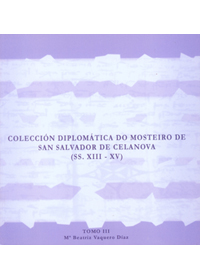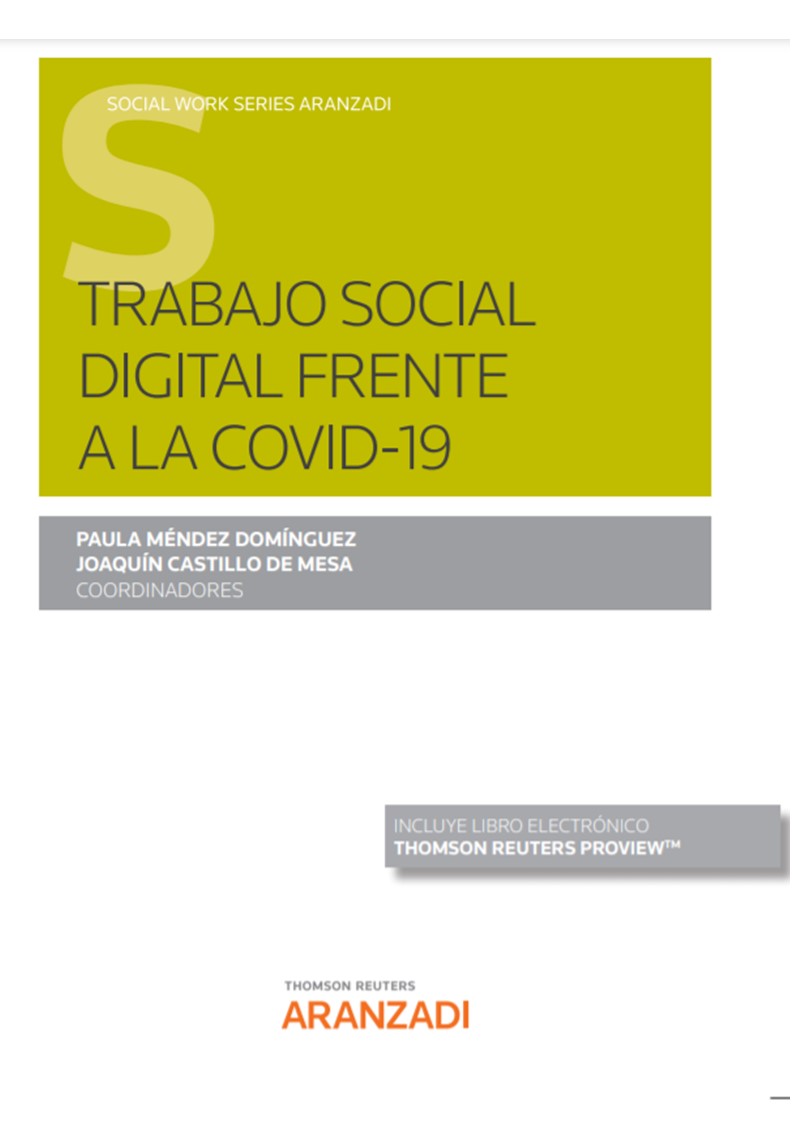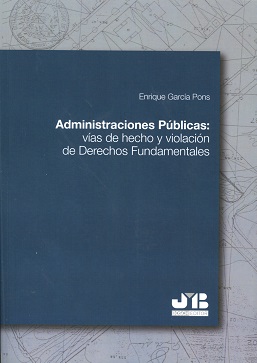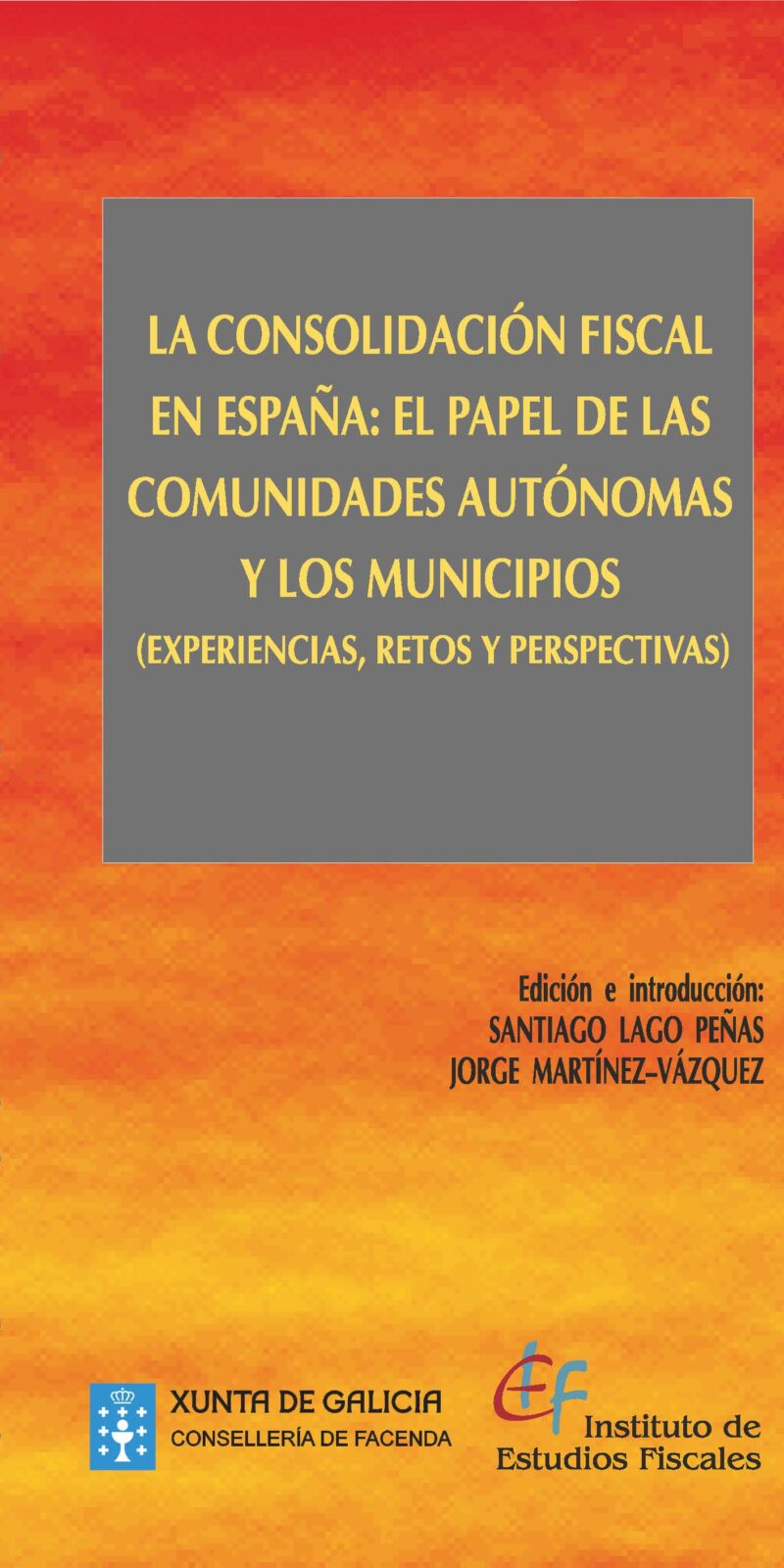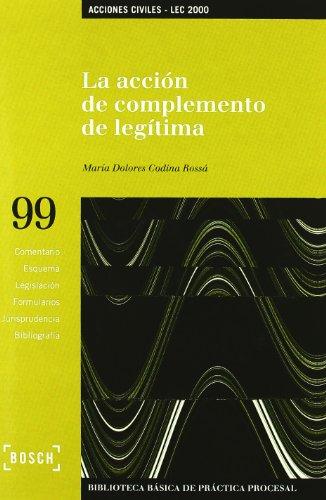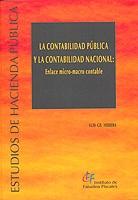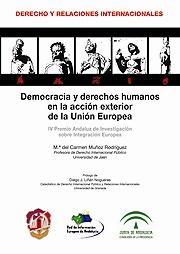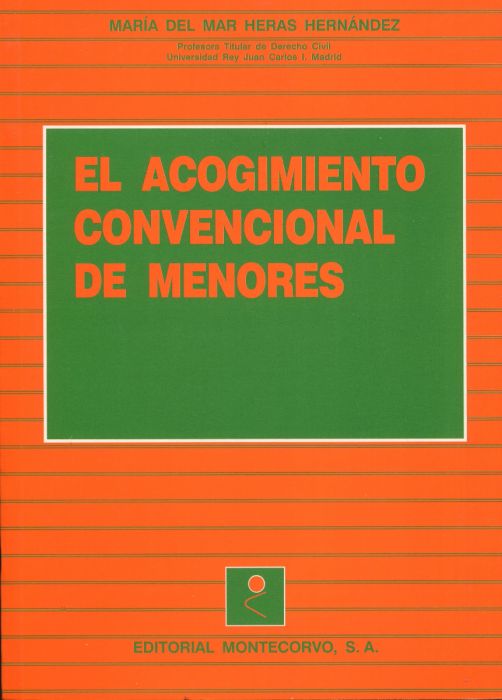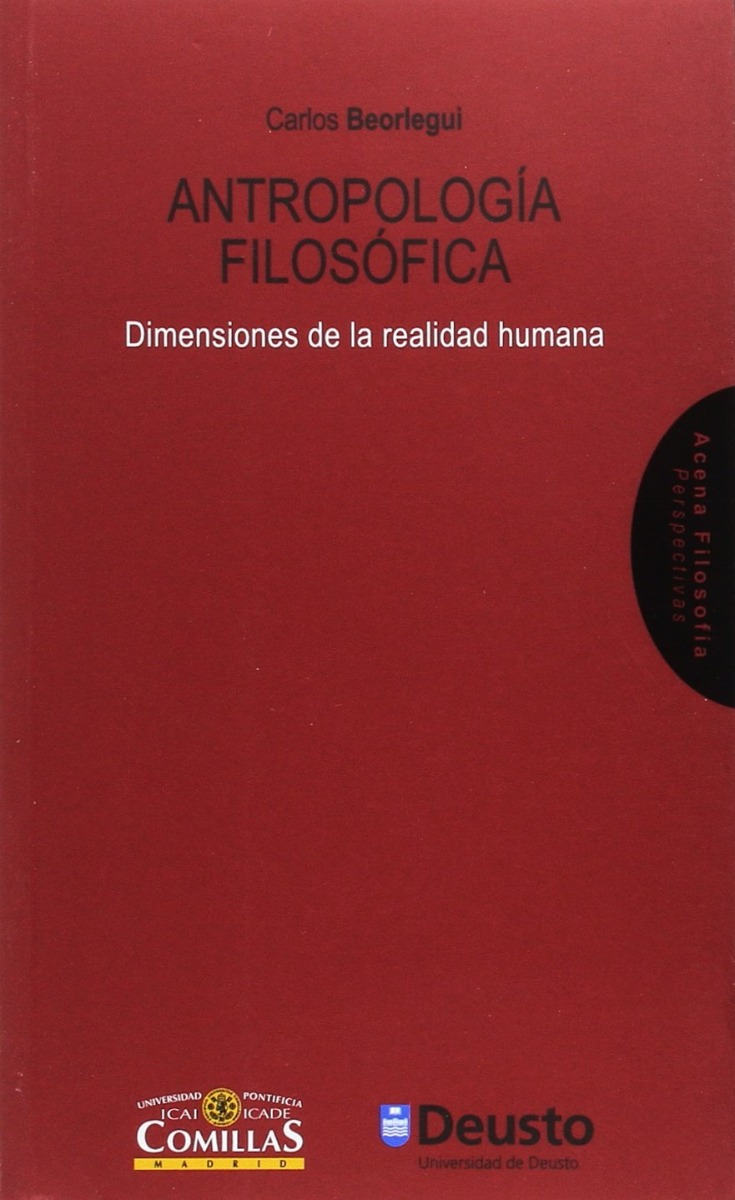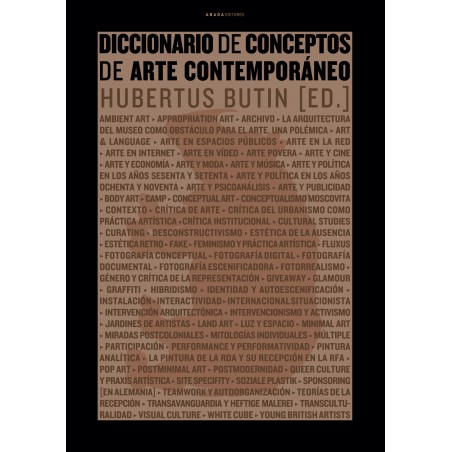Árbitro y partes: los peligros y entresijos de la práctica del arbitraje
Inmersos en una economía y un ámbito de negocio global e internacional, donde las inversiones y la presencia en el mercado extranjero es ya una práctica habitual, el arbitraje surge y se erige como un mecanismo eficaz al servicio de la comunidad internacional. Esta monografía versa, precisamente, sobre el elemento subjetivo del arbitraje en su doble dimensión: por un lado, el órgano arbitral y, por otro, las partes que, a priori, suscribieron el convenio y manifestaron su voluntad de resolver el conflicto mediante arbitraje.
Todo ello aderezado con un toque de realidad, pues lo que se busca con esta obra es aportar una visión de la problemática práctica que surge en el seno de un arbitraje en relación con los sujetos intervinientes. La estructura tripartita del arbitraje se presenta en esta obra dividida en dos grandes bloques.
El primer bloque descubre la figura del árbitro, su naturaleza y los principios que le resultan de aplicación a su función arbitral, así como el régimen de responsabilidad aplicable. Y, el segundo bloque centra el estudio del arbitraje en todo lo relacionado con las dos posiciones enfrentadas, deteniéndose en aquellas cuestiones que nos resultan relevantes, llamativas y que tienen una gran repercusión en la práctica arbitral, con especial atención a los arbitrajes multiparte y la extensión subjetiva del convenio.
AUTORA: ANA ISABEL BLANCO GARCÍA
MÁS TÍTULOS RELACIONADOS: DERECHO CIVIL. ARBITRAJE
SIGLAS, ACRÓNIMOS Y ABREVIATURAS 13
PRESENTACIÓN DE LA OBRA 15
BLOQUE 1
LOS ÁRBITROS
Capítulo I
LA FIGURA DEL ÁRBITRO
1. NÚMERO (IMPAR) DE ÁRBITROS 21
2. IDONEIDAD PARA SER ÁRBITRO 23
2.1. Condición de persona natural 23
2.2. Pleno ejercicio de los derechos civiles 24
2.3. Condición de jurista 25
2.4. Exigencia de requisitos específicos 26
3. CONSTITUCIÓN DEL ÓRGANO ARBITRAL 27
3.1. Convenio arbitral con pacto sobre el nombramiento y designación 28
3.2. Convenio arbitral sin pacto sobre el nombramiento y designación 30
3.2.1. Designación judicial 30
3.2.2. Designación institucional 34
3.3. La problemática de la designación con pluralidad de partes 36
3.3.1. Designación judicial 37
3.3.2. Designación institucional 38
3.4. Nombramiento y designación del secretario 41
3.5. La especialidad del árbitro de emergencia 42
4. FACULTADES DE LOS ÁRBITROS. PRINCIPIO KOMPETENZ-KOMPETENZ .. 46
Capítulo II
PRINCIPIOS RELATIVOS A LA FUNCIÓN ARBITRAL
1. PRINCIPIO DE INDEPENDENCIA E IMPARCIALIDAD 54
1.1. Nociones de independencia e imparcialidad. Algunas cuestiones problemáticas 55
1.1.1 Independencia 57
1.1.2. Imparcialidad: el riesgo del «double-hatting» 59
1.1.3. Neutralidad: ¿la búsqueda de la ajenidad cultural? 64
1.2. Deber de revelación y abstención del árbitro 66
1.3. La recusación del árbitro parcial 74
1.3.1. Procedimiento de recusación: las problemáticas 76
1.3.2. El árbitro sustituto 79
2. PRINCIPIO DE BUENA FE, LEALTAD Y COOPERACIÓN 80
3. RESPONSABILIDAD (LIMITADA) DE LAS FUNCIONES ARBITRALES 83
3.1. Disyuntiva entre la inmunidad y la responsabilidad limitada 83
3.2. La decisión del ordenamiento jurídico español: régimen de responsabilidad limitada 86
3.3. Naturaleza de la responsabilidad del árbitro y requisitos para su imputación 87
3.3.1. Responsabilidad civil 88
3.3.2. Responsabilidad penal 90
3.3.3. Responsabilidad (para)disciplinaria 92
3.3.4. Responsabilidad administrativa 92
3.4. Responsabilidad de la Institución arbitral 94
4. PRINCIPIO DE COLEGIALIDAD 95
Capítulo III
LA RETRIBUCIÓN EN EL ARBITRAJE.
LA IRRUPCIÓN DEL THIRD-PARTY FUNDING
1. HONORARIOS Y PROVISIÓN DE FONDOS 105
1.1. Arbitrajes ad hoc 105
1.2. Arbitrajes institucionales 106
1.2.1. Remuneración del arbitraje “ordinario” 107
1.2.2. Remuneración del arbitraje de emergencia 109
1.3. La distribución de las costas: la excepcionalidad de la condena en costas 110
2. THIRD–PARTY FUNDING: “NUEVA” FORMA DE FINANCIACIÓN 114
2.1. Concepto y características 115
2.2. Aproximación al escenario internacional del TPF 116
2.3. Controversias del TPF 119
2.3.1. El TPF como costa del arbitraje 119
2.3.2. El TPF y su afección al riesgo de litigar 120
2.3.3. El TPF y la salvaguarda del deber de reserva 121
2.3.4. El TPF y el deber de revelación 122
BLOQUE 2
LAS PARTES
Capítulo IV
LAS PARTES EN EL ARBITRAJE
1. CAPACIDAD Y LEGITIMACIÓN COMO PARTE 127
1.1. Persona física y jurídica 128
1.2. El Estado como parte del arbitraje: el caso de las energías renovables 131
1.2.1. Participación del Estado en el arbitraje interno 131
1.2.2. Participación del Estado en el arbitraje internacional: el arbitraje de inversiones 135
i) Legitimación Estado-parte: partes contendientes 138
ii) Legitimación del «Amici Curiae»: parte no contendiente 140
iii) El particular caso de las energías renovables 141
2. LA AUSENCIA E INCOMPARECENCIA DE UNA DE LAS PARTES EN EL ARBITRAJE: LA DECLARACIÓN DE REBELDÍA 144
3. ASISTENCIA LETRADA Y REPRESENTACIÓN PROCESAL 147
Capítulo V
PLURALIDAD DE PARTES EN EL ARBITRAJE:
MULTI-PARTY ARBITRATION
1. INSTRUMENTOS PROCESALES: «JOINDER», «INTERVENTION» Y «CONSOLIDATION» 150
1.1. Joinder of Parties 152
1.2. Intervention 154
1.3. Consolidation 156
2. DIFERENCIAS CON OTROS ARBITRAJES 158
2.1. Arbitraje multiparte v. Arbitraje multicontrato 159
2.2. Arbitraje multiparte v. Arbitraje colectivo 159
Capítulo VI
EFECTOS DEL CONVENIO ARBITRAL:
LA INTERVENCIÓN DE TERCEROS NO FIRMANTES
1. LA TRANSMISIÓN DEL CONVENIO ARBITRAL 165
1.1. Cesión del contrato 165
1.2. Garantía 167
1.3. Subrogación 167
1.4. Controversias societarias: transmisión de acciones o de participaciones 168
2. LA EXTENSIÓN DE LOS EFECTOS DEL CONVENIO ARBITRAL 170
2.1. Incorporación por referencia 172
2.2. Consentimiento tácito (Assumption) 173
2.3. Relación de agencia 174
2.4. Levantamiento del velo societario o teoría del alter ego 175
2.5. Estoppel o Doctrina de los actos propios 176
2.6. Third party beneficiary 177
2.7. Doctrina de los grupos de sociedades o grupos de empresas 178
BIBLIOGRAFÍA
1. DOCTRINA 185
2. JURISPRUDENCIA ESPAÑOLA 198
2.1. Tribunal Constitucional 198
2.2. Tribunal Supremo 198
2.3. Audiencia Provincial 199
2.4. Tribunal Superior De Justicia 199
3. JURISPRUDENCIA EXTRANJERA 201
4. RESOLUCIONES ARBITRALES 202
4.1. CIADI 202
4.2. ICC 203
ANA ISABEL BLANCO GARCÍA
Profesora Titular de Derecho Procesal de la Universitat de València. Doble licenciada en Derecho y en Administración y Dirección de Empresas por la UV, cuenta con el Máster en Derecho de la Empresa (UV) y un Diploma de Postgrado en Bolsas y Mercados Financieros (Bolsa de Valencia). Igualmente, posee formación en MASC gracias al Postgrado en Arbitraje interno e internacional (ADEIT) y Cursos de Experto en Mediación Civil, Mercantil y Familiar (EIM) y Curso de Especialización en mediación en el ámbito bancario e hipotecario (EIM).
Ha coordinado distintos programas de postgrado de Mediación (2011), Máster en Derecho, Empresa y Justicia de la UV (2012-2023) y desde 2015 es Codirectora de la Maestría en Derecho Bancario, Seguros y Mercados Financieros en la Universidad San Carlos de Guatemala y miembro de varios proyectos de investigación y de innovación docente.

